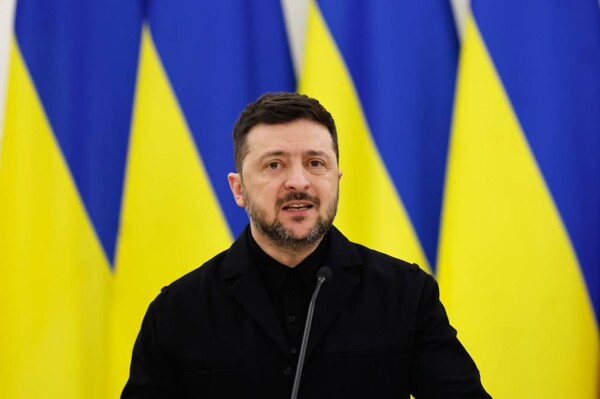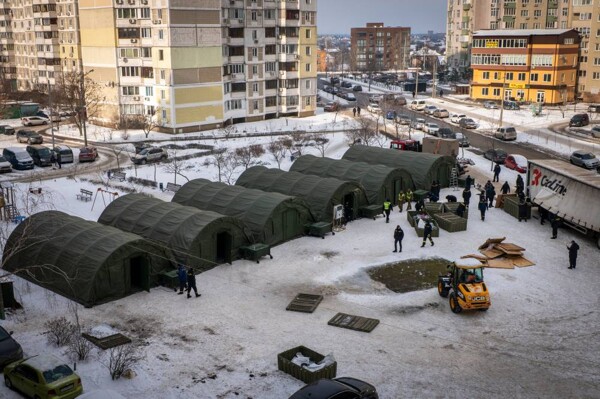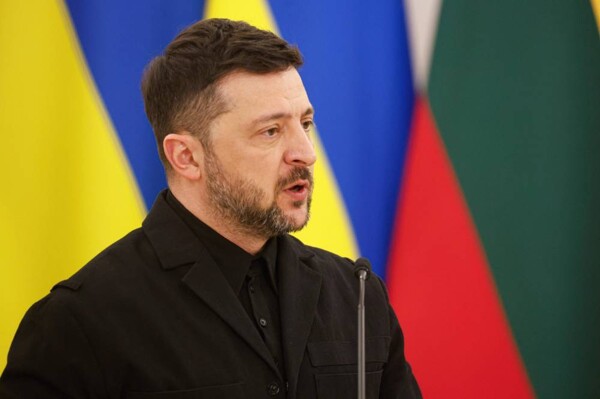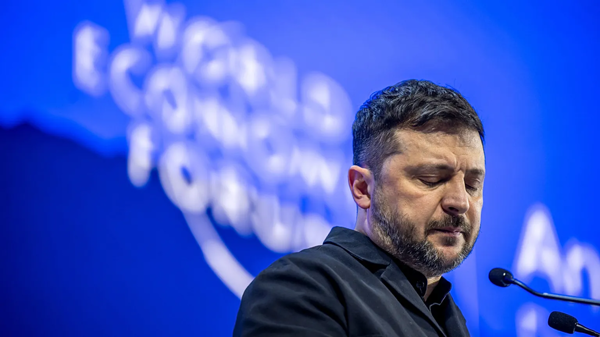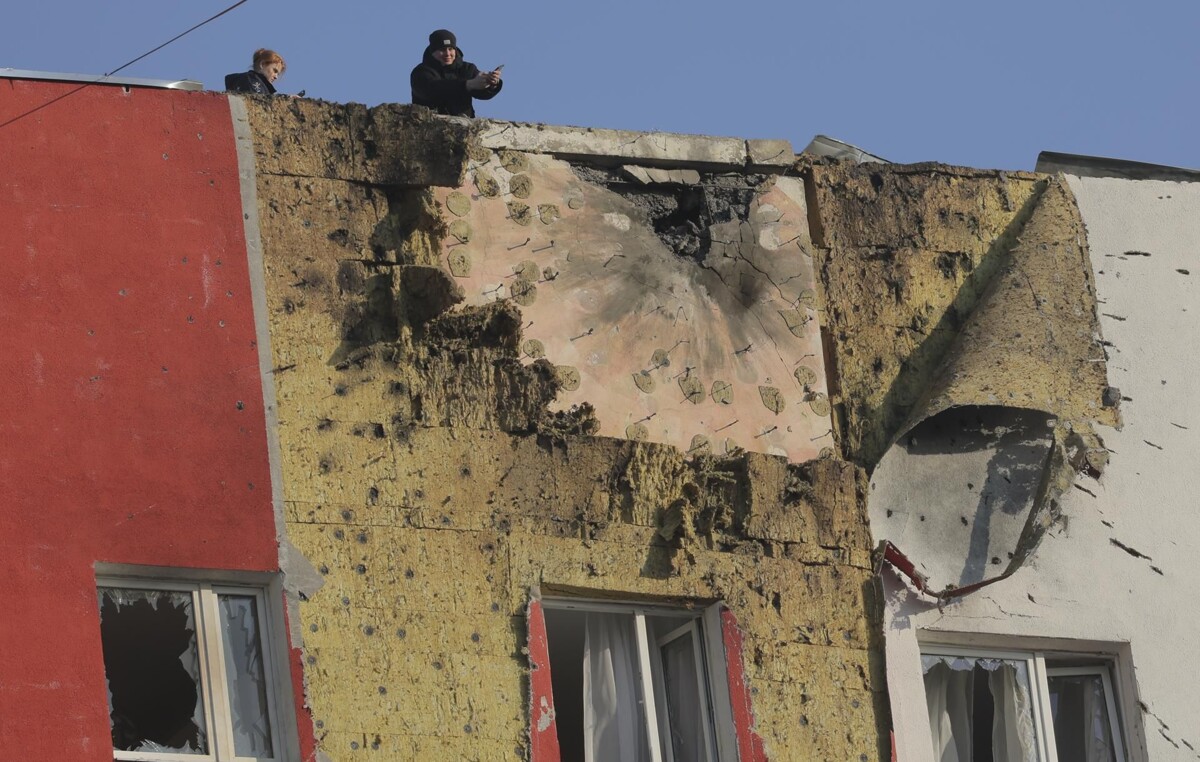
Ukraine is attempting to impose a truce on Russia with the largest drone attack of the war, which left three dead and nearly twenty injured in the Moscow region. Dmitry Peskov, the Russian presidential spokesperson, denounced that the Kiev regime is striking social infrastructure and residential buildings. Meanwhile, he added, the Russian Army continues to hit military or quasi-military targets, having caused the death of eleven people and injured about fifty in a missile and drone attack in the Donetsk region.
With the support of France and the United Kingdom, Ukrainian President Volodymyr Zelensky proposed an aerial and maritime truce last week as a preliminary step to starting a peace process, an initiative that the United States considers favorable. Russian air defenses had to be fully employed overnight to repel the largest drone offensive of the conflict, which surpassed the massive attacks launched by Kiev in January and February of this year.
According to the Ministry of Defense, a total of 343 unmanned devices were shot down, nearly a hundred of them in the Moscow region. Fragments of fixed-wing drones caused damage to several residential buildings in the city of 13 million inhabitants. Peskov highlighted that Russian anti-aircraft batteries worked "very well", preventing greater damage and fatalities, although three people died in the Moscow region and 17 were injured.
Meanwhile, Kiev admitted that the reason for its attack is to pressure the Kremlin to accept the truce proposal. "It is another signal to Putin that he should be interested in an aerial ceasefire,” assured Andriy Kovalenko, head of the Center for the Fight Against Disinformation of the Council for National Security of Ukraine. Russian Foreign Minister Sergey Lavrov already rejected the truce last week, as well as the deployment of European troops on Ukrainian territory, considering this an attempt to "save" the authorities in Kiev.
Some Russian politicians have urged the Kremlin chief to take retaliatory measures against Kiev, including hypersonic missiles Oreshnik. "The decision corresponds to the supreme commander, but I think it wouldn't hurt, and it would be better if it were not just one attack," said General Andrei Kartapolov, head of the Defense Committee of the Duma, referring to the remnants of the Nazi regime in Kiev.











